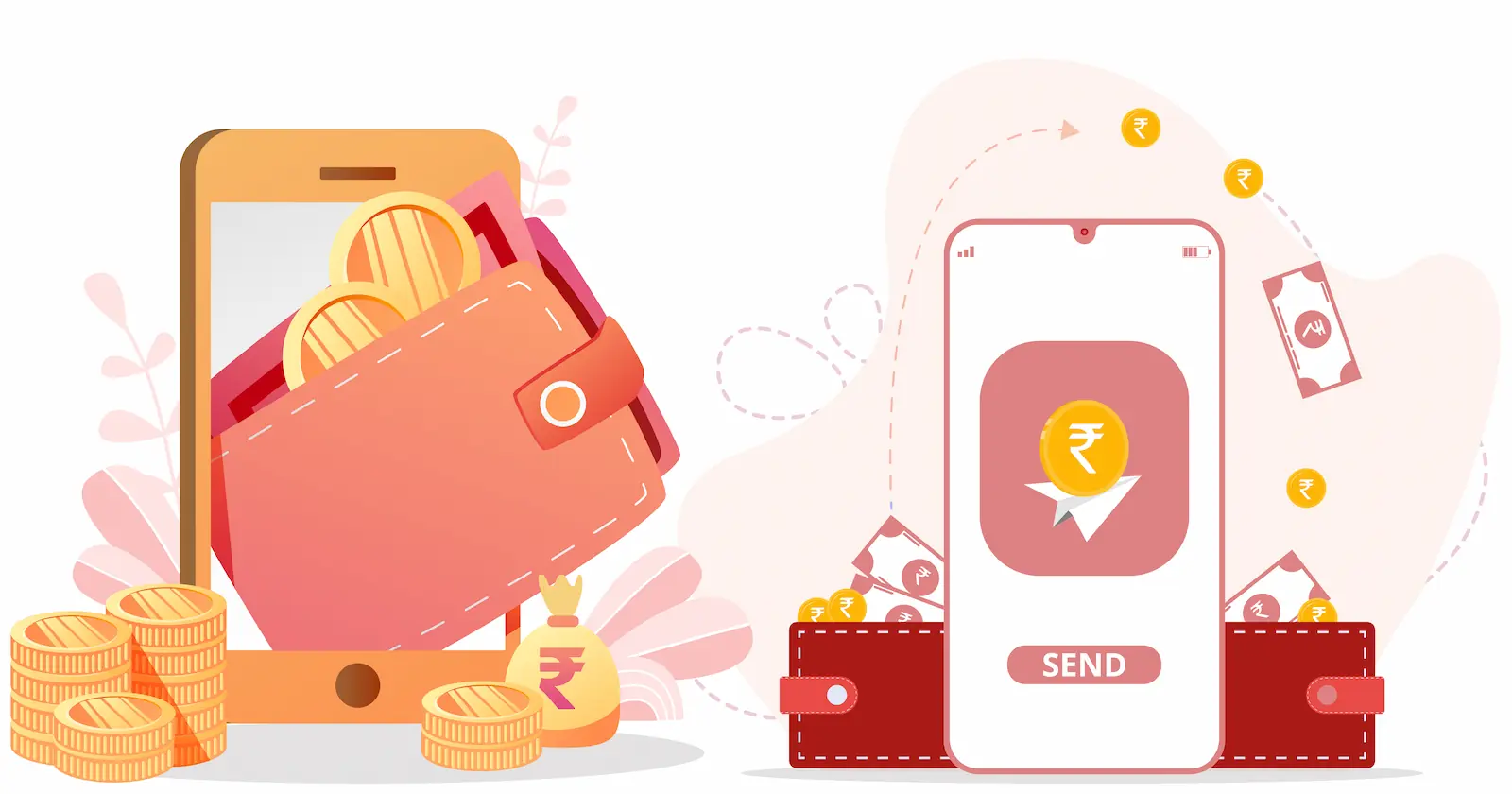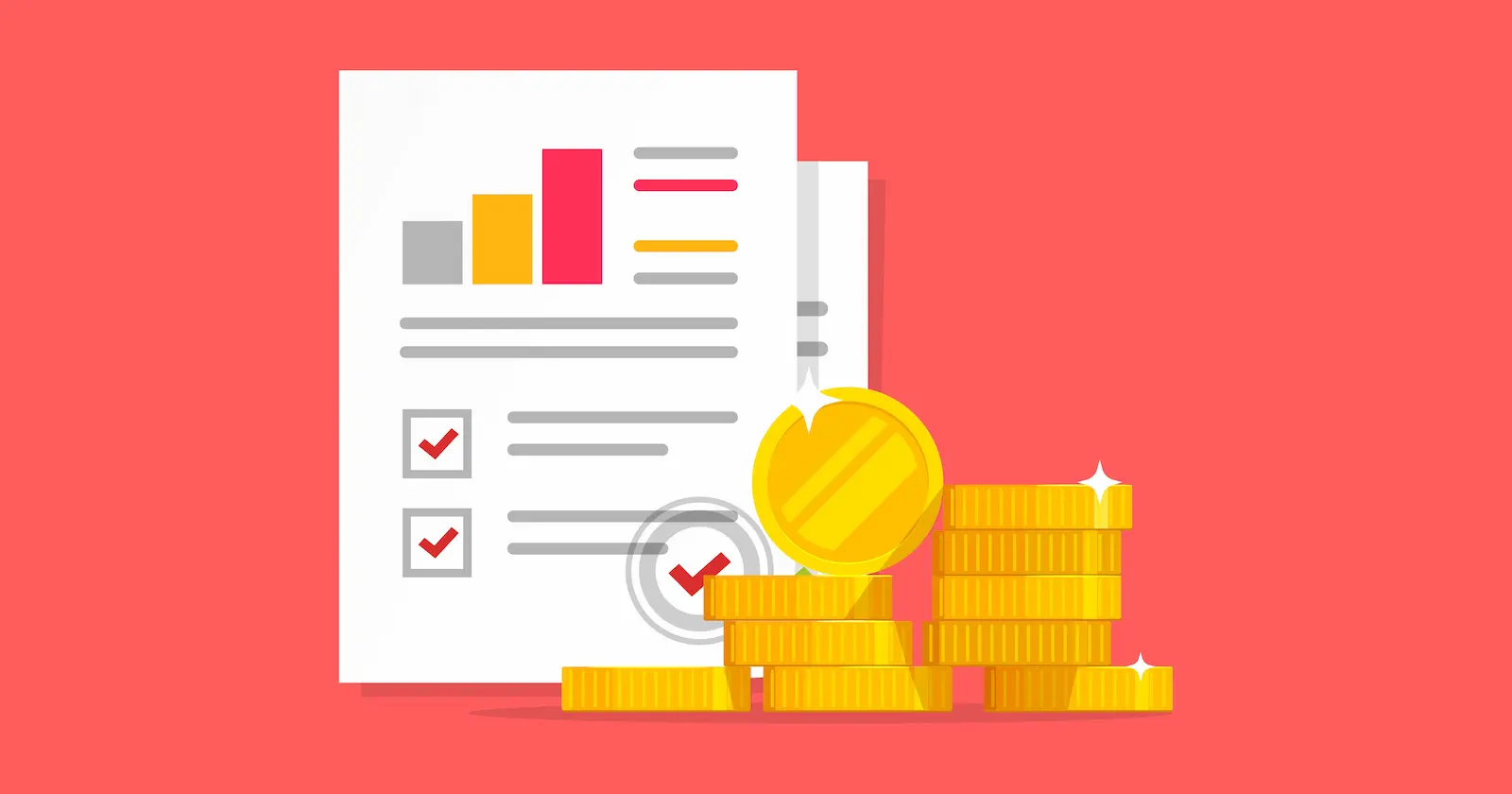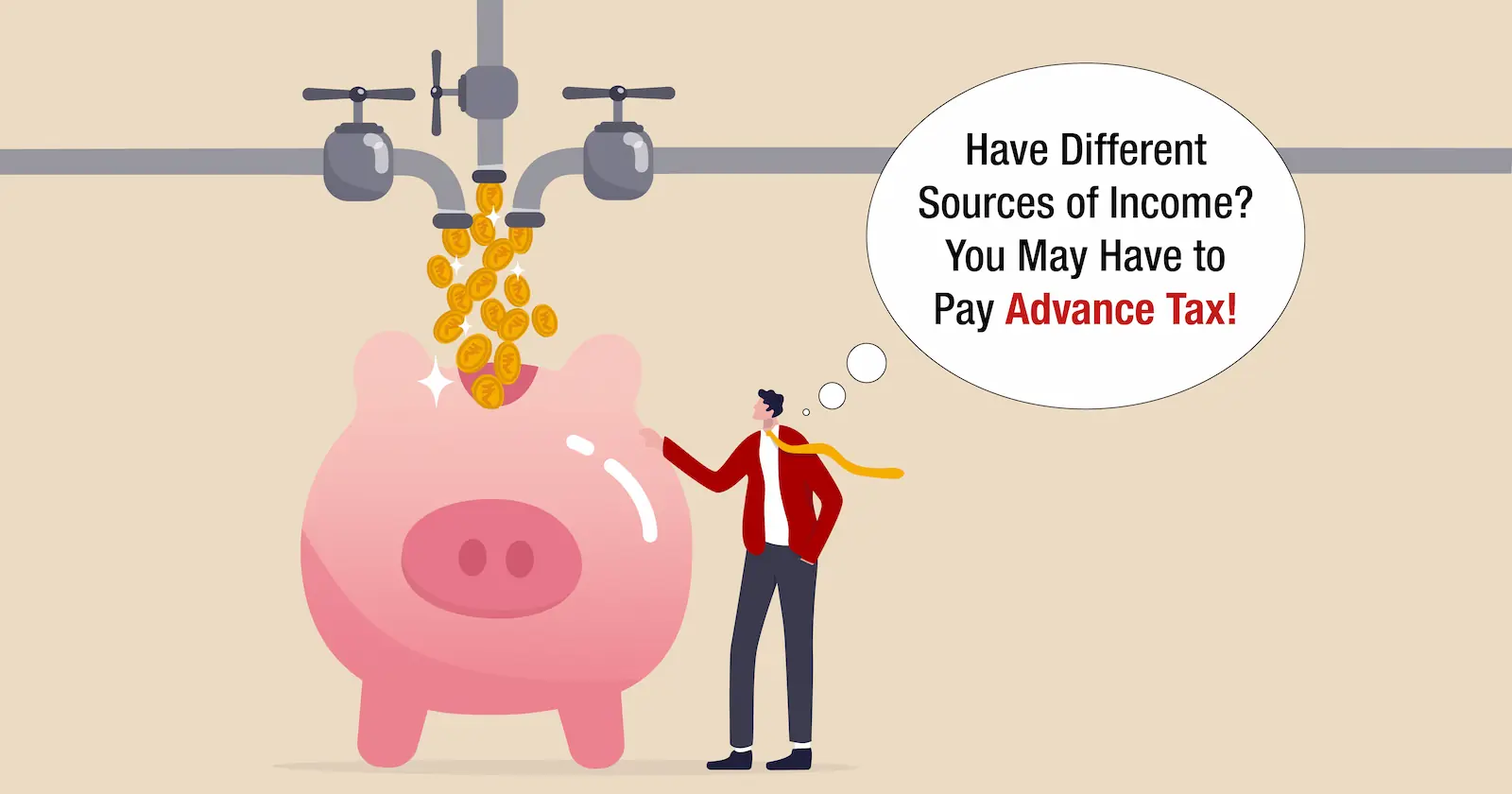UPI apps have grown by leaps and bounds. Right from using the e-wallet or UPI for grocery shopping to making a high-end purchase, it is quick, convenient and easy to perform any cashless transactions.
Transactions via the electronic wallet and integrated payment interface (from now on referred to as “UPI”) have continuously increased over the last couple of months. Today’s people, who have ATM limits, withdrawal fees, transaction limits, etc., at the same bank prefer cash-free methods, digital wallets and UPI variants, which will continue to be a stagnant pass in the future.
When filing your income tax returns (ITR), you must also include information about any additional income you received, such as money through an e-wallet or a UPI app. Even if you believe that money received through UPI won't be tracked, since transactions are carried out electronically, the Income Tax Department of India actually tracks every transaction.
However, let us discuss in detail how you should treat such incomes in your income tax assessment.
What is the taxability of UPI and E-Wallet Transactions?
The UPI and/or e-wallet transactions are subject to taxes in the following situations:
- In accordance with Section 56(2)(X) of the Income Tax Act of 1961, payback that is more than INR 50,000 in a financial year is taxable.
- Any gift voucher that is provided to an employee by the employer as a gift via a UPI transaction and has a value greater than INR 5,000 is subject to tax under Section 3(7)(IV) of the Income Tax Rule.
- Any gifts or coupons from friends or family that total more than INR 50,000 within a fiscal year are subject to taxation.
Going Dutch with your friends?
Let take an example of a dinner that you and a bunch of your friends have together, let us say you paid the bill at the restaurant and the rest of your friends just paid their share to you via a mobile wallet or UPI (Unified Payments Interface) payment. The bill is all settled now, but you did receive money from your friends.
It seems like a tricky situation, trying to understand if this would be treated as an income. If these are treated as sources of income than they would also need to be declared in your returns.
The answer is simpler than that. Usually, if a friend has paid you through a payment app or wallet or a UPI payment transaction, such receipts are to be treated as gifts. The rule for gifts under the Income Tax law is that gifts of up to a sum of ₹ 50,000 are exempt from income tax. As long as the amount transferred to you doesn’t go over this threshold, there is no need to declare it. However, if you have transferred bigger amounts between friends, the entire amount is liable to taxation.
Let us study the specific case of the restaurant bill being split and paid to you via a payment app. This amount transferred to you is actually in the nature of a debt settlement - it is just money that they owed to you. In this case, you do not need to pay taxes on this amount. That being said, if your accounts are scrutinized further by the Income Tax Department, you may be asked to furnish proof of this debt settlement - a written note from your debtors, i.e your friends should suffice for this purpose. So basically the nature of transaction determines your Income Tax Liability.
E-transactions: A Win-Win for the Taxpayer and the Government
The government is encouraging more people to choose electronic transactions using UPI platforms and e-wallets for different reason. A resident, firm, or HUF that has not claimed a tax deduction under Sections 10AA or 80IA to 80RRB is required to pay 6 percent of the turnover or gross as tax if the manner of the transaction is digital, as compared to 8 percent for non-digital transactions, per Section 44AD (presumptive taxation) of the Income Tax Act, 1961.
UPI and e-wallet apps are popular among the general public because they are cross-platform, generally approved by all banks, speedy, easy, free to use, taxpayer-friendly, cashbacks, and hassle-free. For the government, electronic transactions increase tax revenue and provide a foolproof means of reducing unreported and untraceable cash transactions.
As things stand, there will be no decline in the use of cash transactions—at least not anytime soon. The era of a digital ecosystem for financial transactions that is generally accepted by all isn't too far off, though, considering the nature of e-transactions and the variety of user-centric benefits it has to offer.
Some more benefits of UPI Transactions are as follows:
- Cross-platform
- Widely accepted by all banks
- Quick
- Convenient,
- Almost Free-to-use
- Taxpayer-friendly,
- Cash back earned on the transactions
- Hassle-free
CashBack
The ‘cashback’ works in such a manner that once you have transacted, you receive a portion of the transaction amount or a fixed amount back into your mobile wallet balance or credit card or even a direct credit to your bank account.
For example, many times while recharging our mobile phone through payment apps, we receive a cashback of Rs. 10 to Rs. 50. Same is the case when you make payment for fuels, electricity, grocery, etc. through online payment applications, we receive cashbacks, coupons, etc.
Cashbacks are taxable under either the head, ‘Income from Other Sources’ or 'Profits and Gains from Business or Profession'
Conclusion
If you receive money from your friends via a payment app, it is a prudent move to check if it is liable to taxation. It will help you file your income tax returns without any loopholes. In case you wish to save taxes through various other financial instruments, feel free to connect with our trusted financial advisors today!





Comments